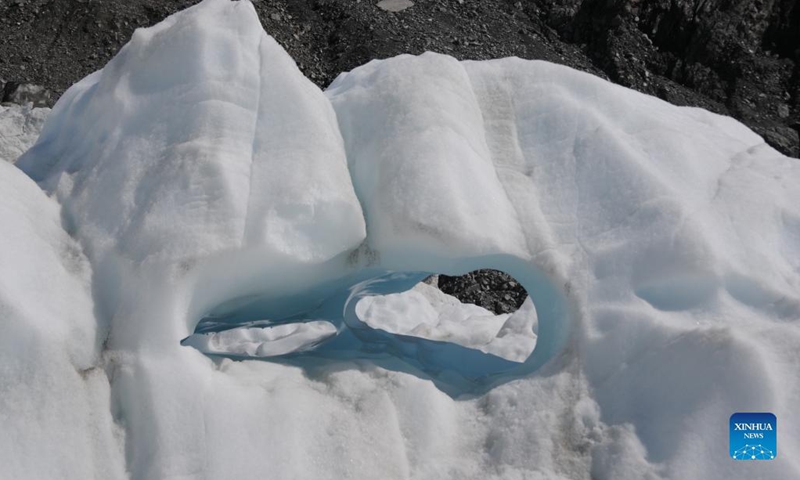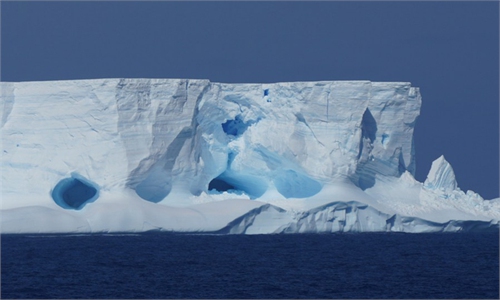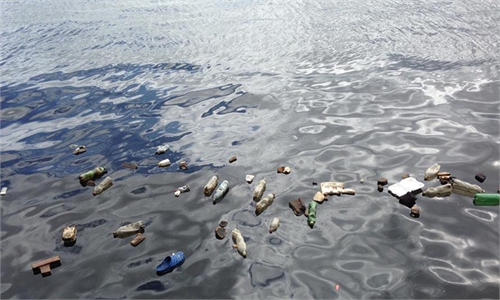COVID-19 recovery poses dire climate, health risks: Lancet

Photo taken on Oct. 13, 2021 shows a view of Fox Glacier on the west coast of New Zealand's South Island. Fox Glacier is one of the most accessible glaciers in the world. In the past decades, the glacier retreated significantly due to global climate change.(Photo: Xinhua)
Countries' fossil-fuel-powered COVID-19 recoveries will have long-lasting consequences on human health and risk worsening the food and water insecurity, heat waves and infectious diseases already threatening billions globally, a major assessment warned.
The Lancet Countdown is the largest annual study of the impacts of climate change on human health.
It found that up to 19 percent of Earth's landmass was affected by extreme drought in 2020 and warned that climate change posed a major threat to food security.
Compared with the historic average, the global population of over-65s lived through 3.1 billion additional extreme heat days in 2020, it found.
Populations of 134 countries are now at greater threat from wildfires than at any time previously, and millions of farmers and construction workers are losing income because of the rising number of extremely hot days.
And climate change is creating ideal conditions for infectious diseases, Zika virus, cholera and malaria across a far larger span of the globe than just a few decades ago and including Europe, it said.
"Climate change is here and we're already seeing it damaging human health across the world," said Anthony Costello, executive director of the Lancet Countdown. "As the COVID-19 crisis continues, every country is facing some aspect of the climate crisis too."
The assessment found that the five years with the most areas affected by extreme drought have all occurred since 2015. "This year we saw people suffering intense heat waves, deadly floods and wildfires," said lead author Maria Romanello.
Disruption to the water cycle due to global heating shortens the time in which plants reach maturity, resulting in small yields putting ever greater stress on food production.
The Lancet said that yield potential for maize had already declined 6 percent compared with 1981-2010 levels.
Wheat has seen a 3 percent yield potential fall, and rice a 1.8 percent fall, it found.
And the marine food upon which 3.3. billion people depend for either sustenance or income is under "increasing threat," with average sea temperature rising in nearly 70 percent of territorial waters compared with just 15 years ago.
The report also warned that nearly three quarters of countries believed they couldn't afford an integrated national health and climate strategy.
AFP



